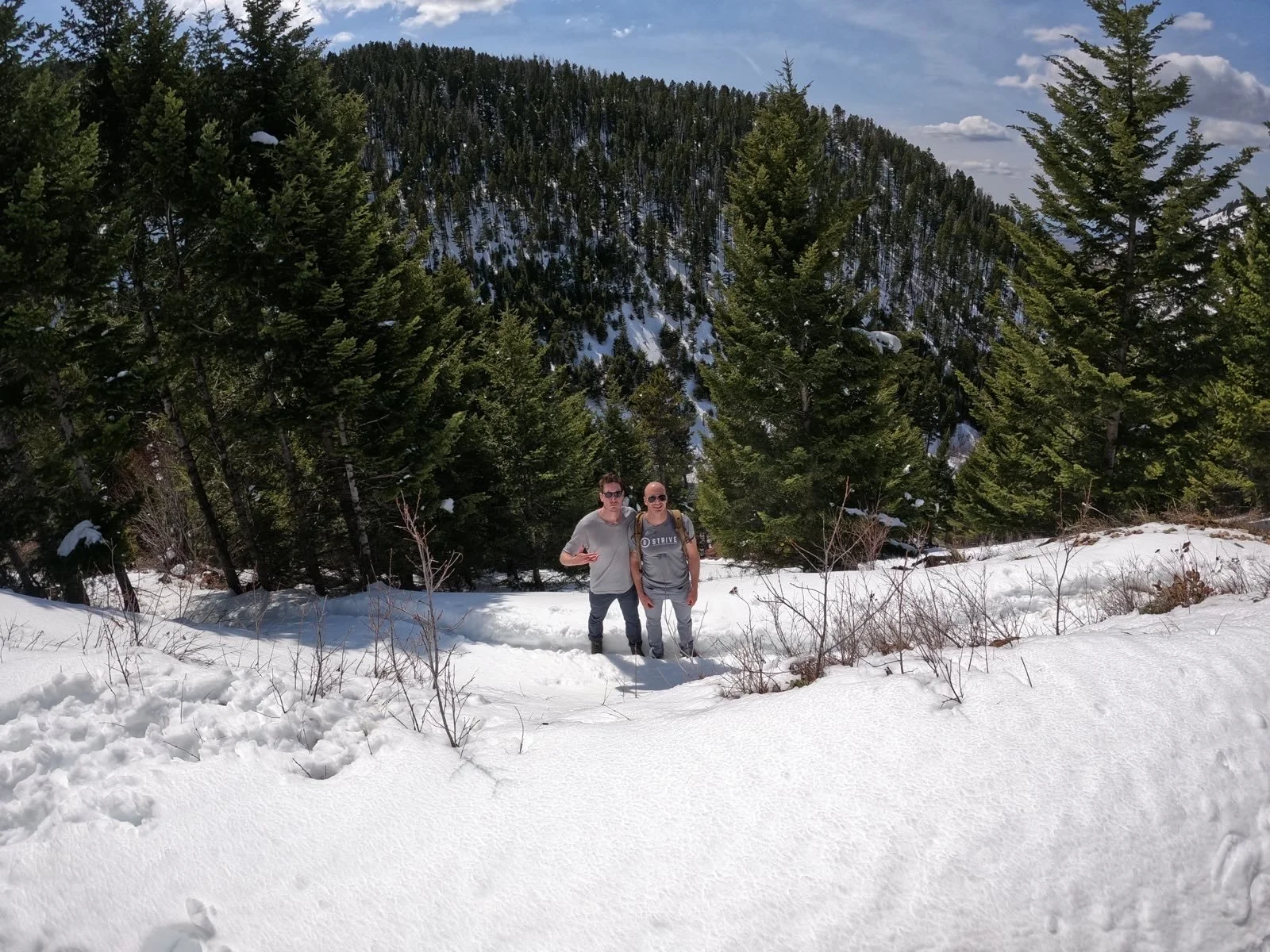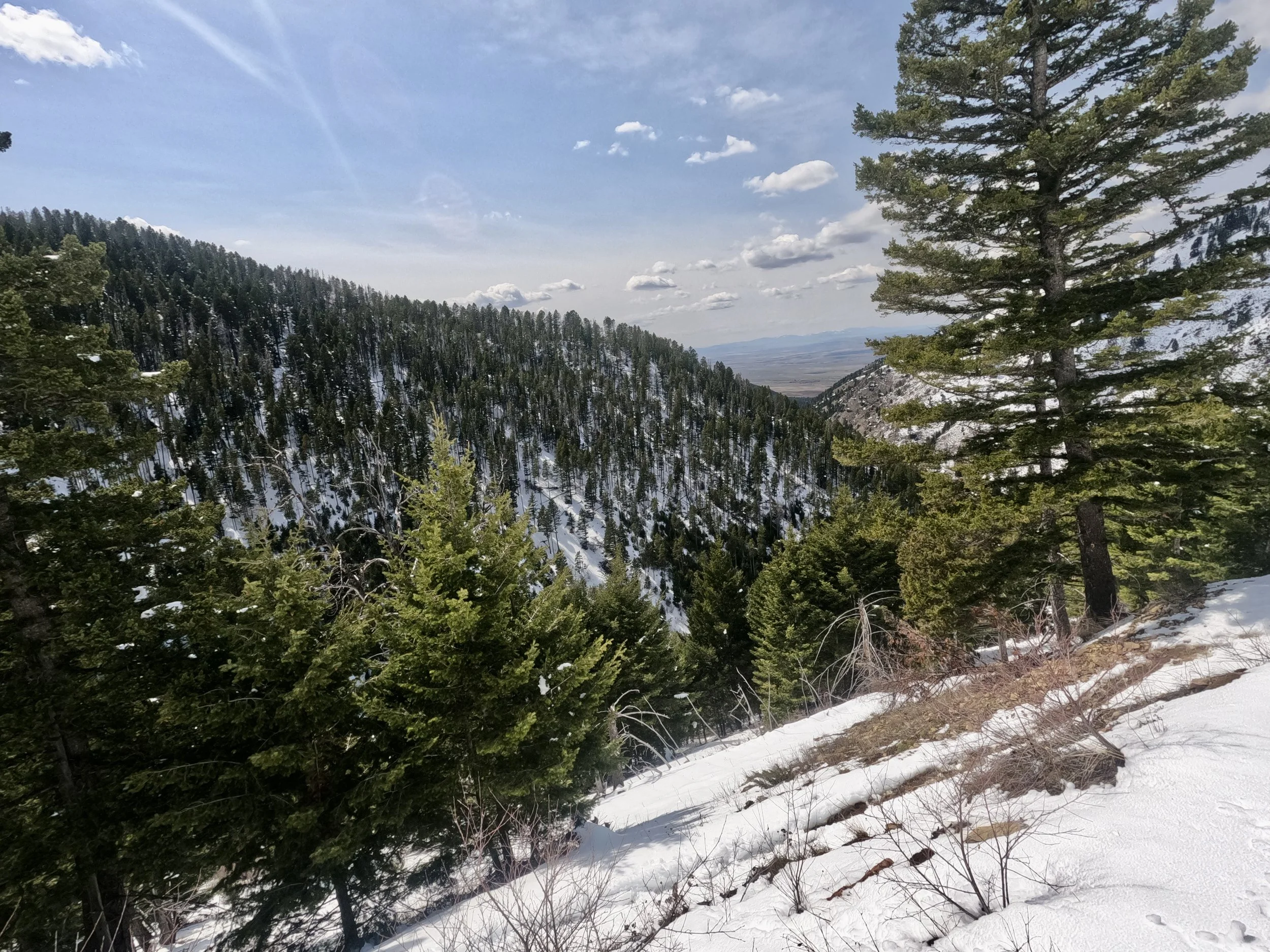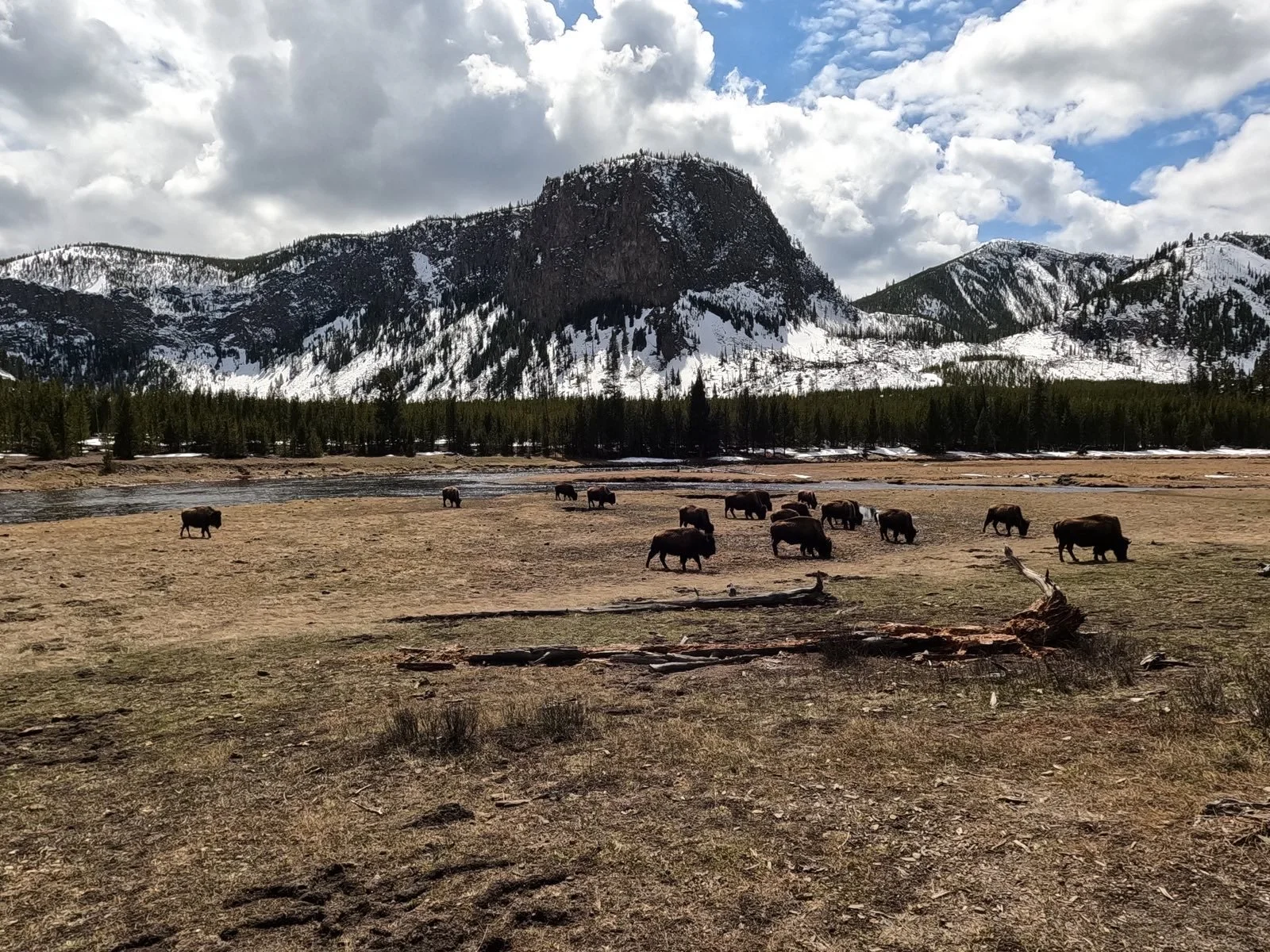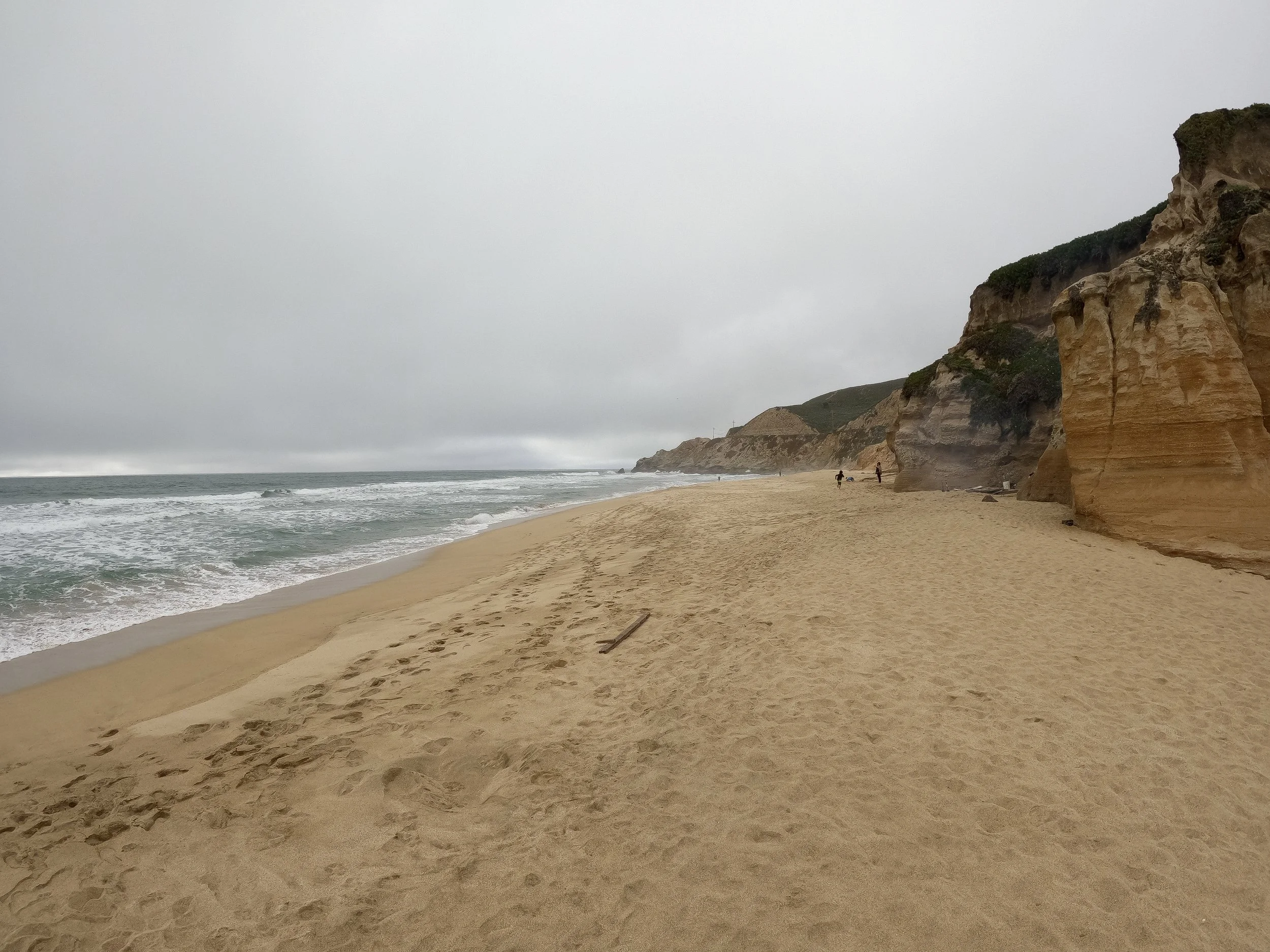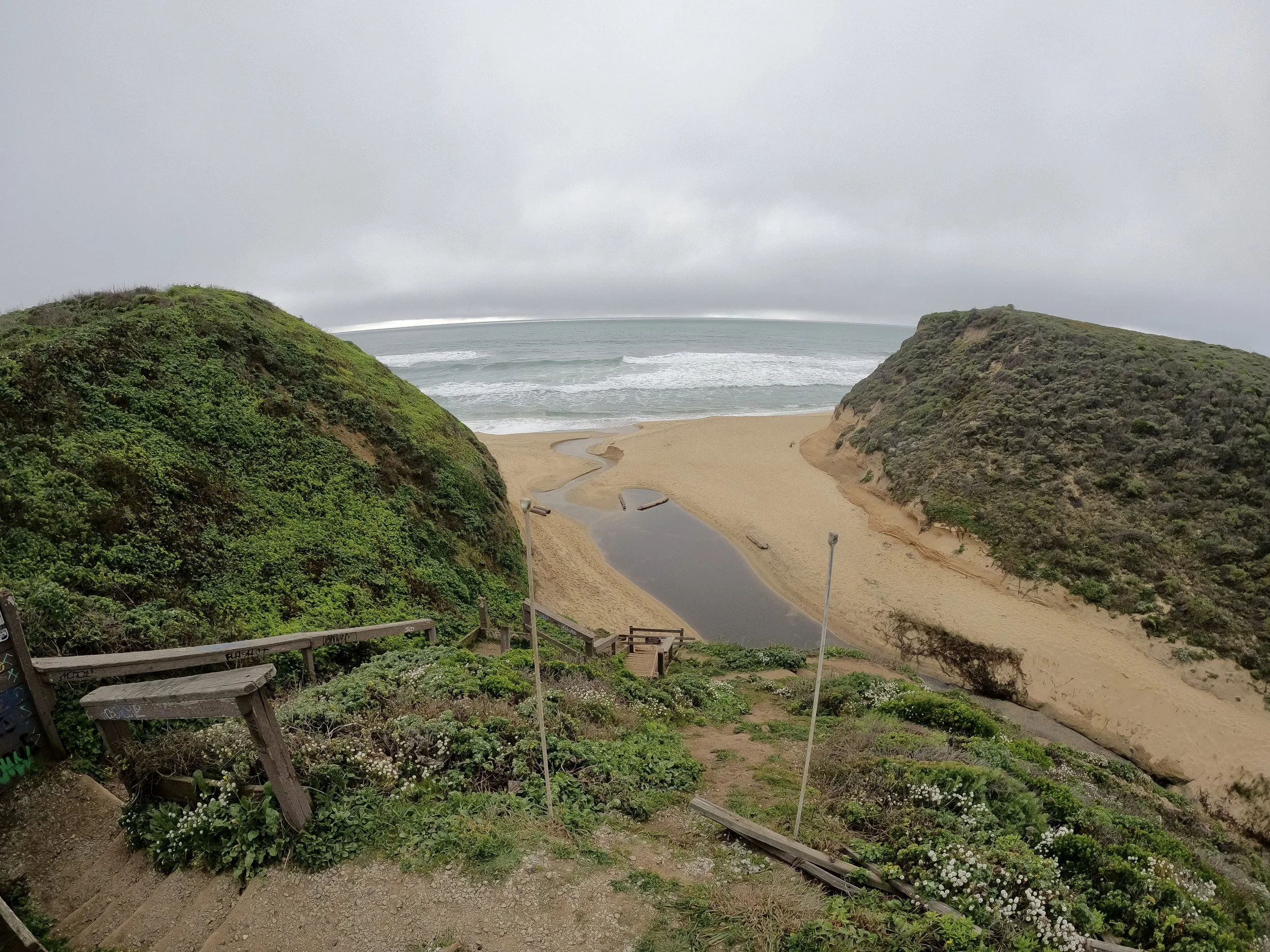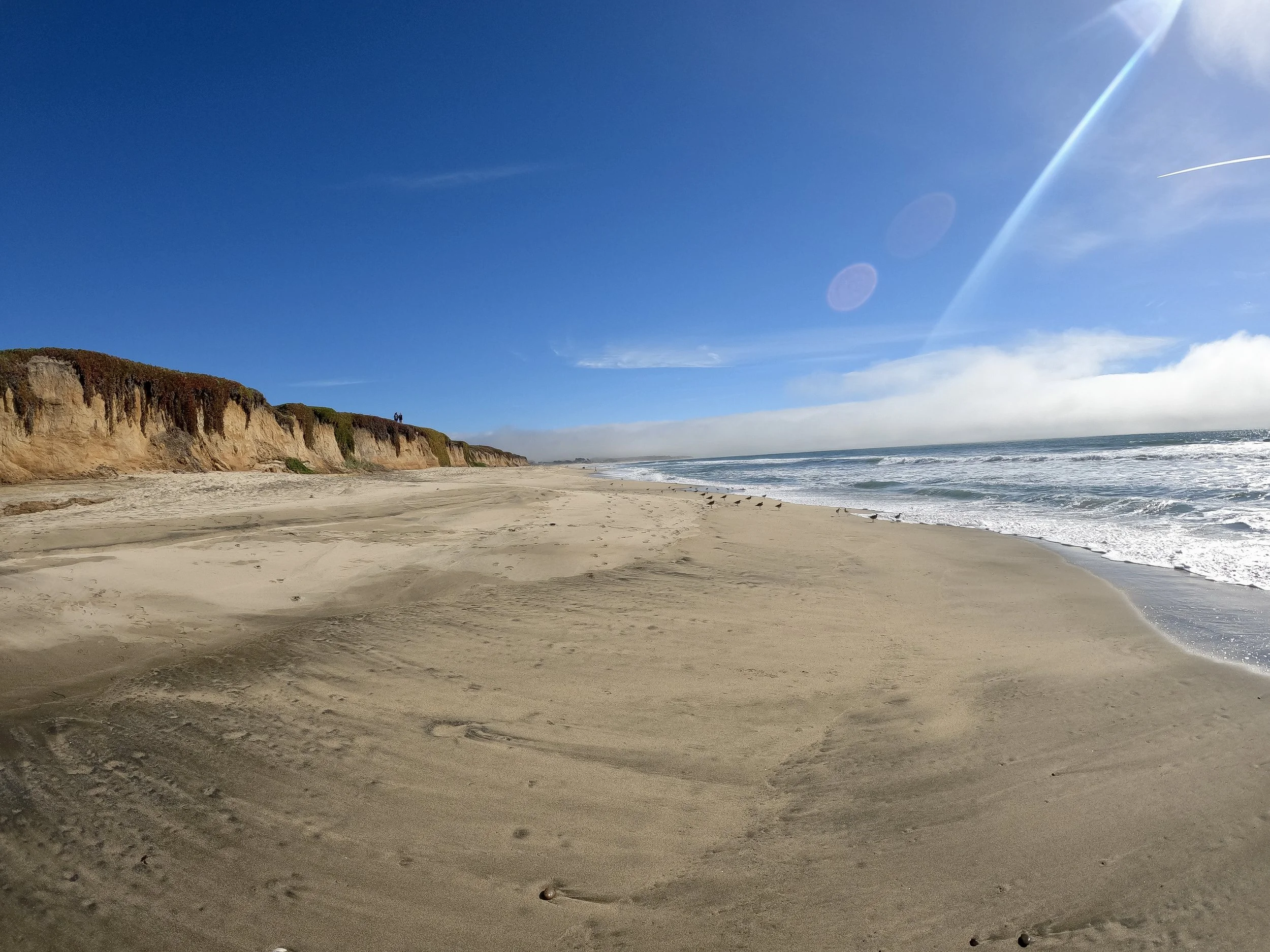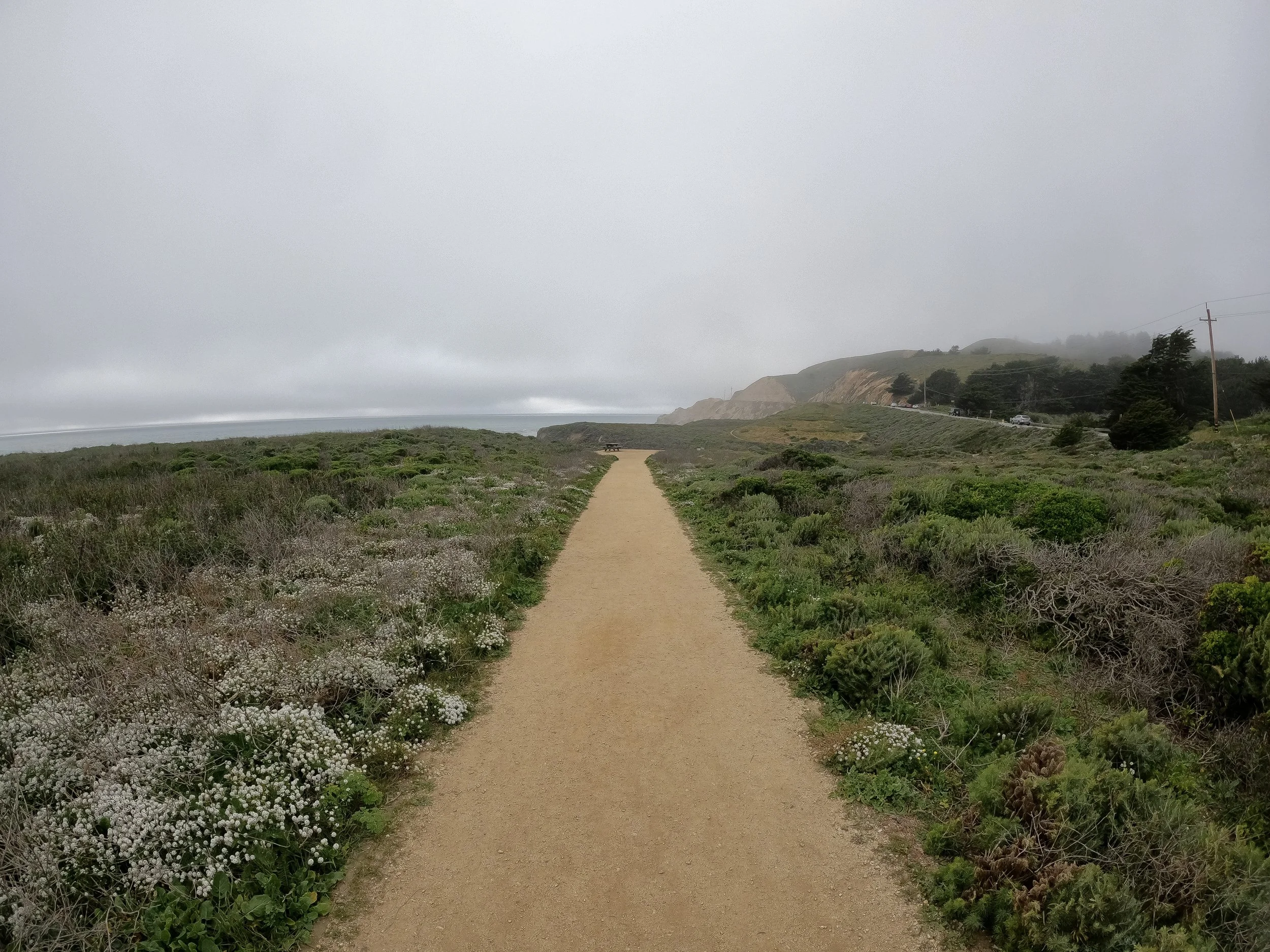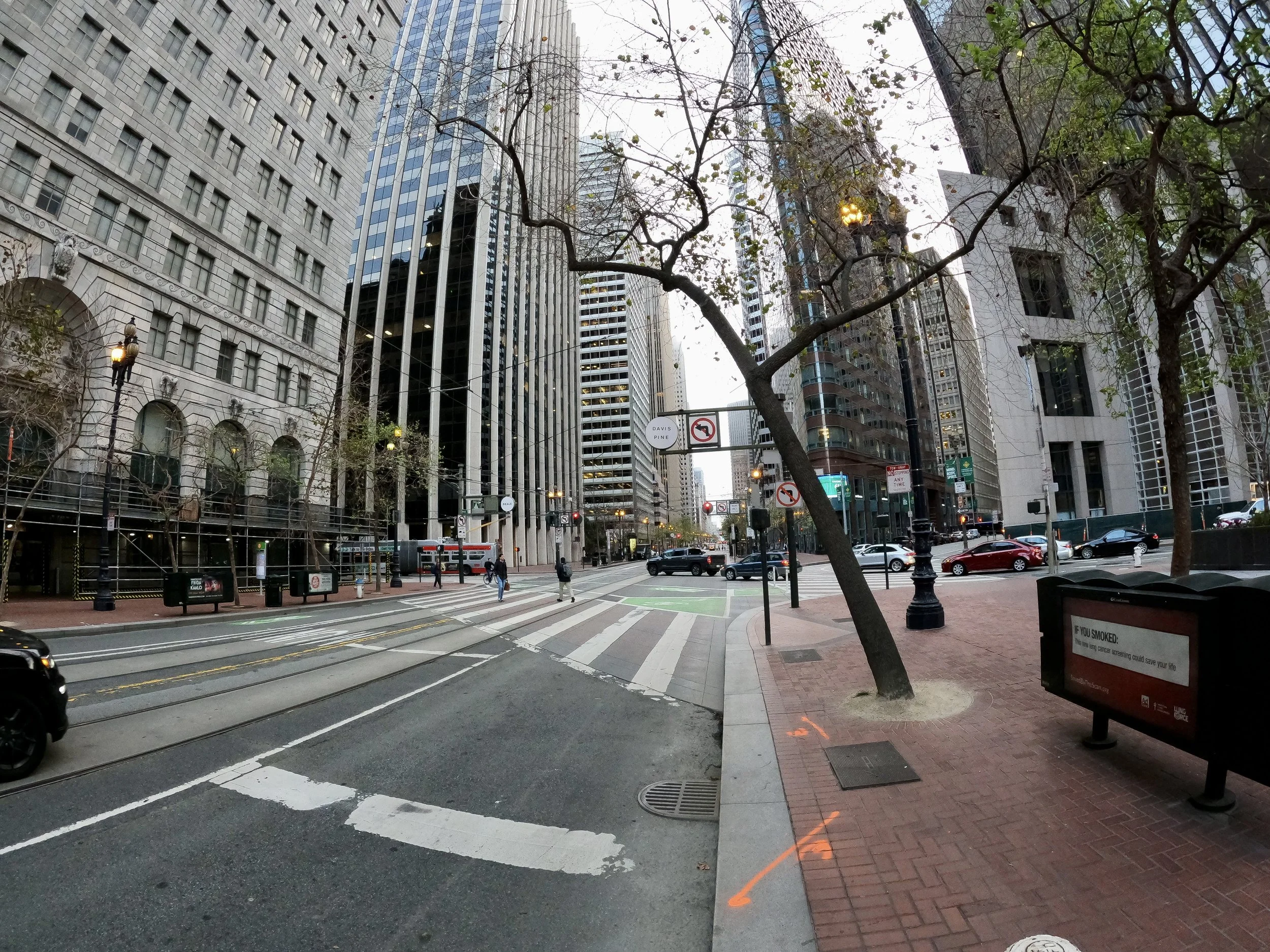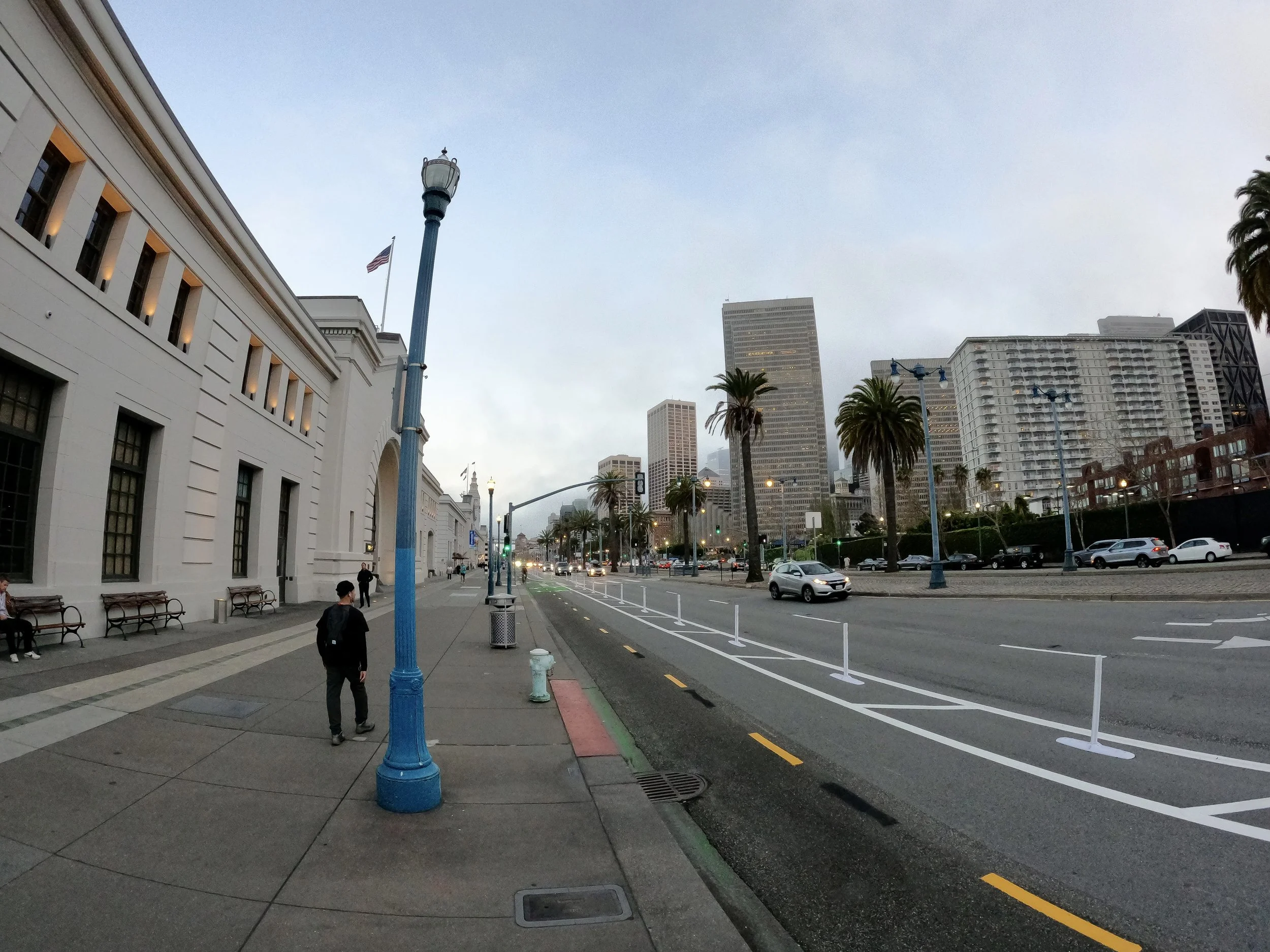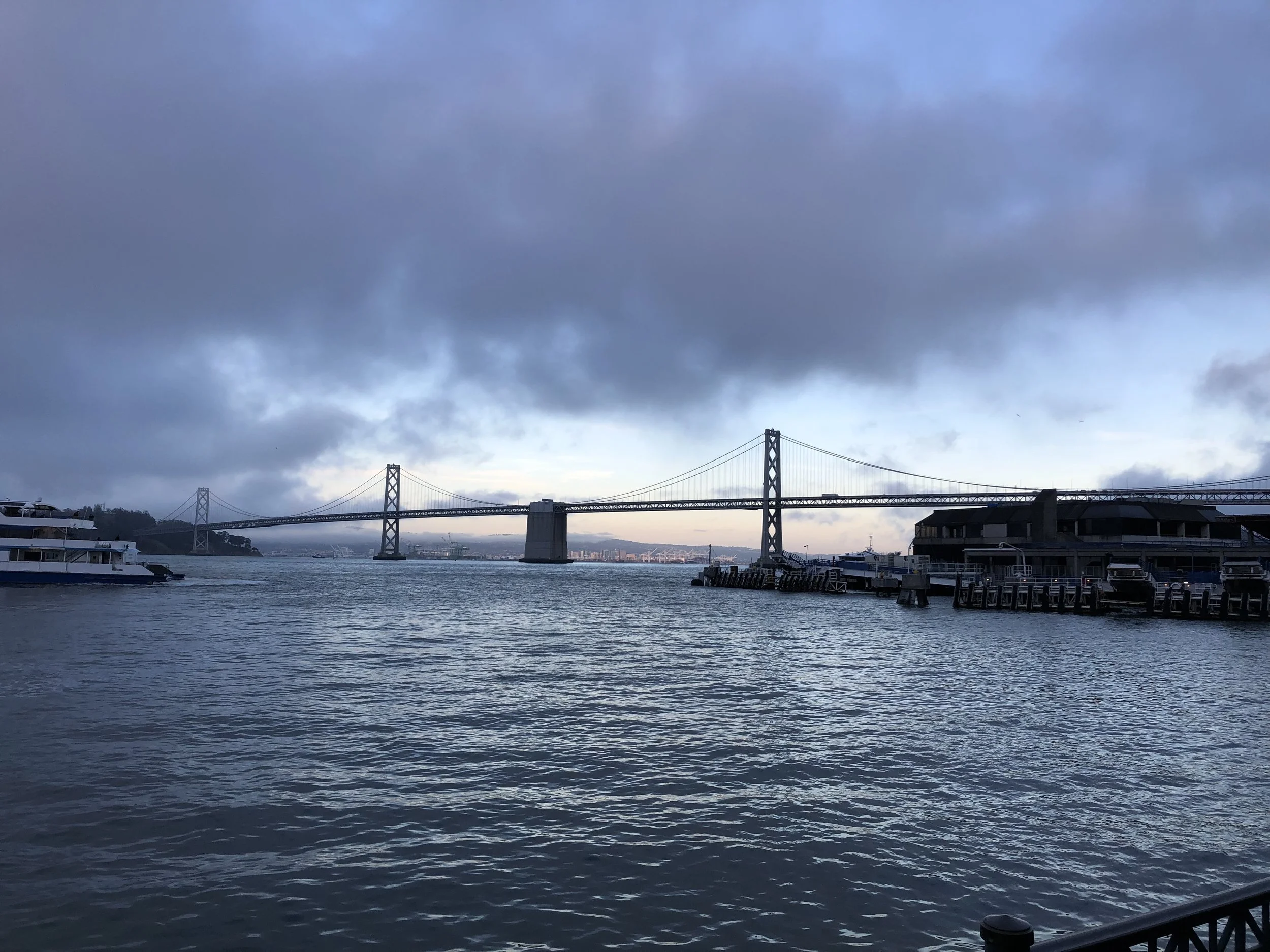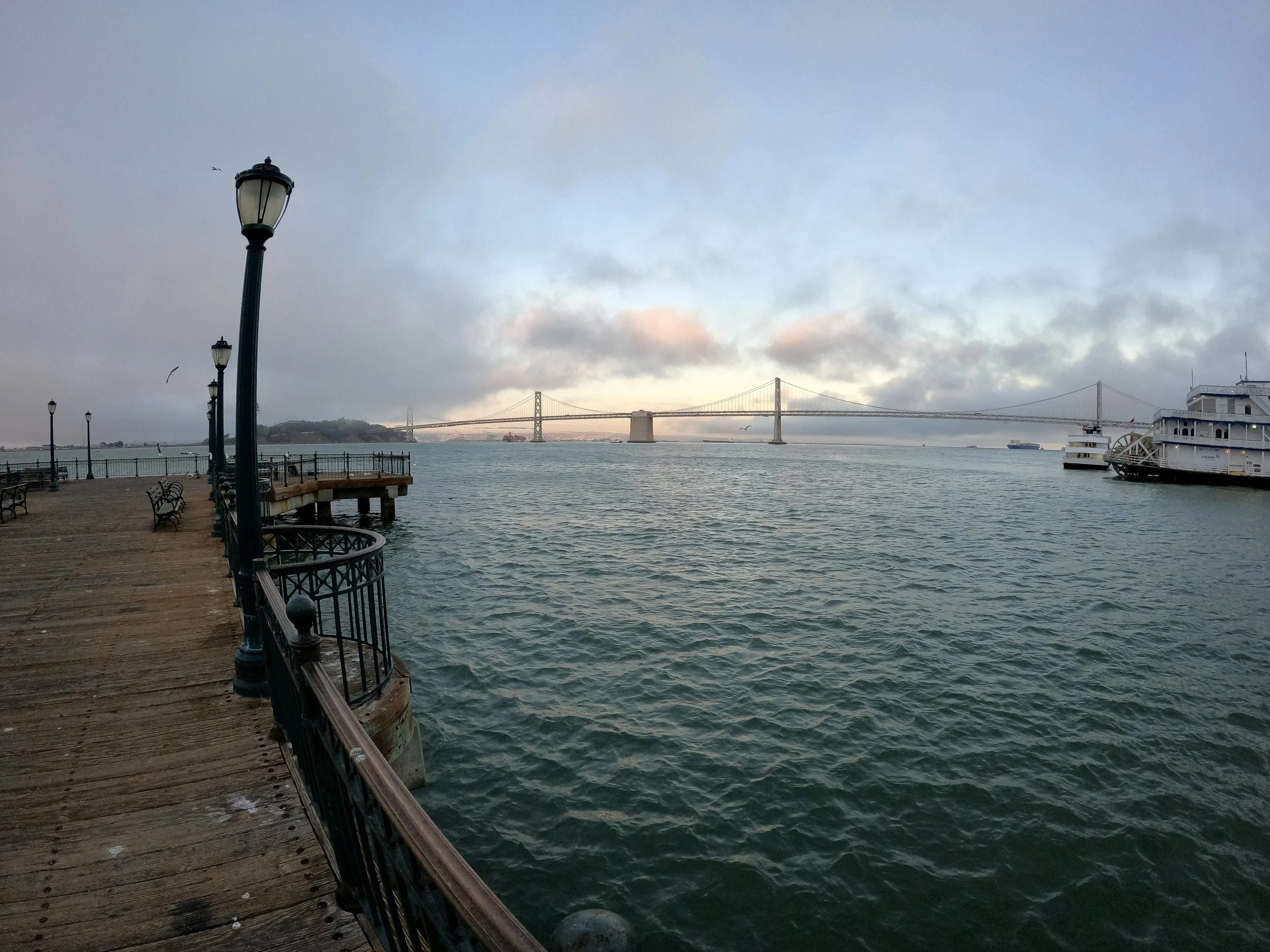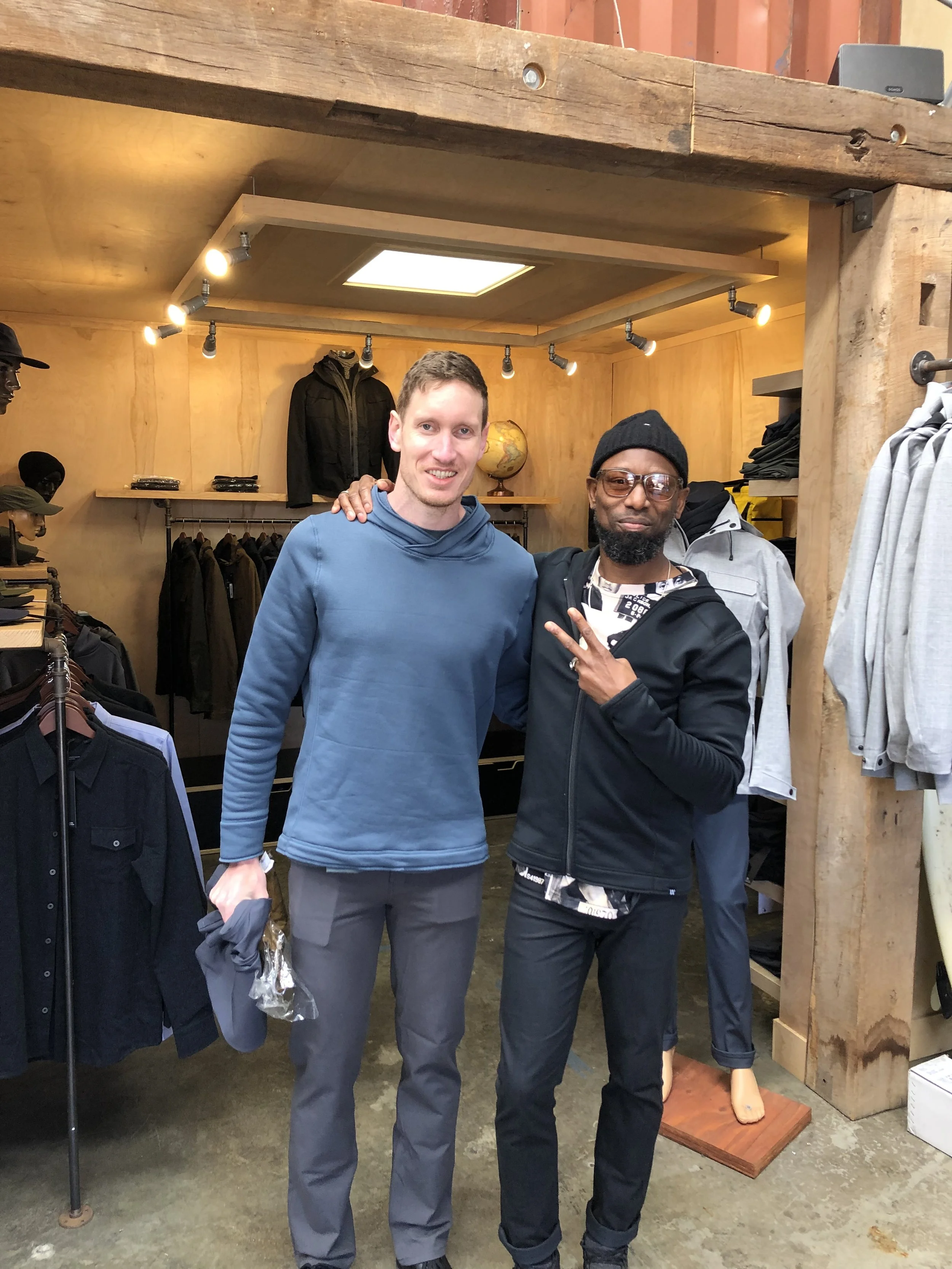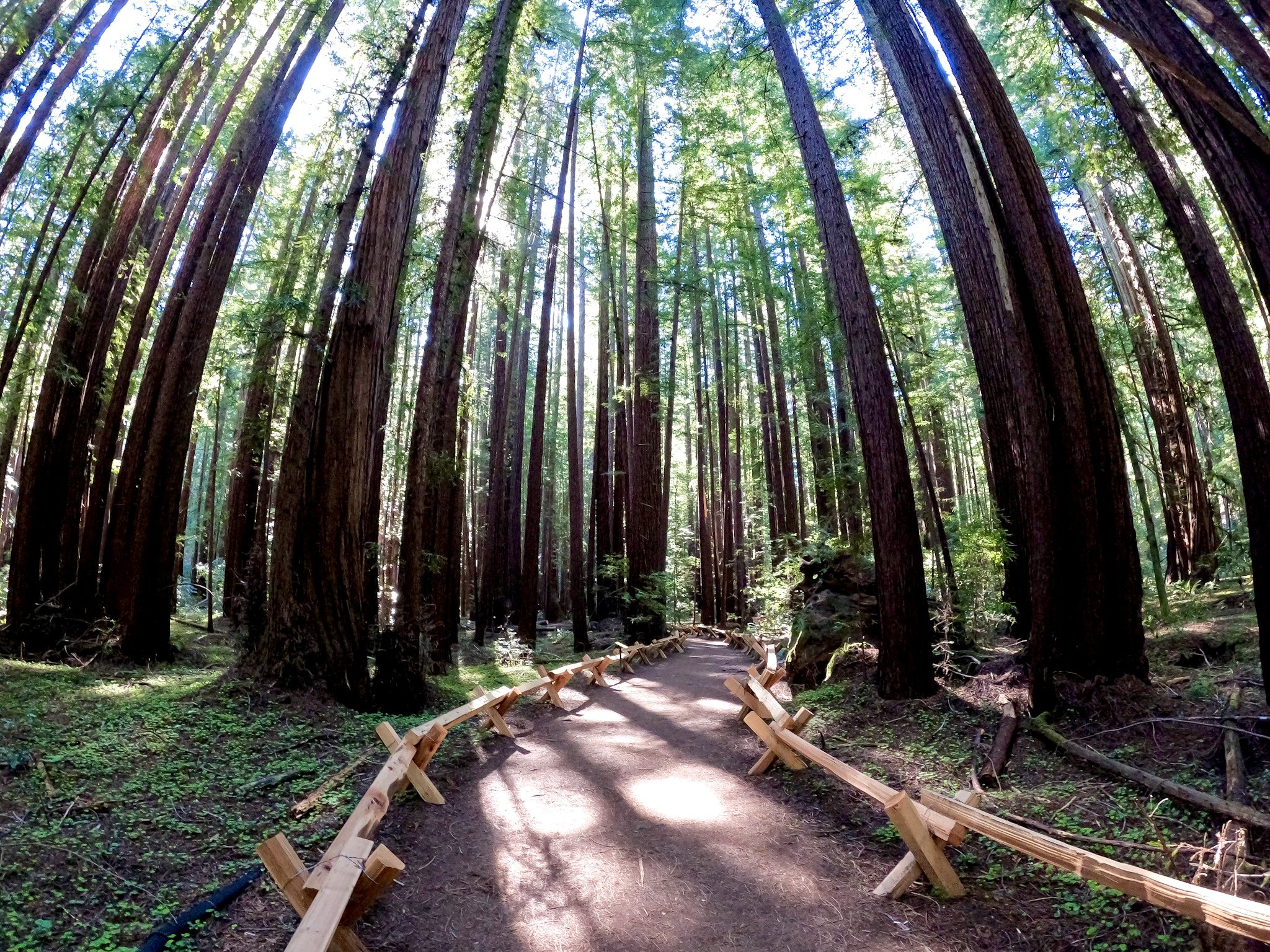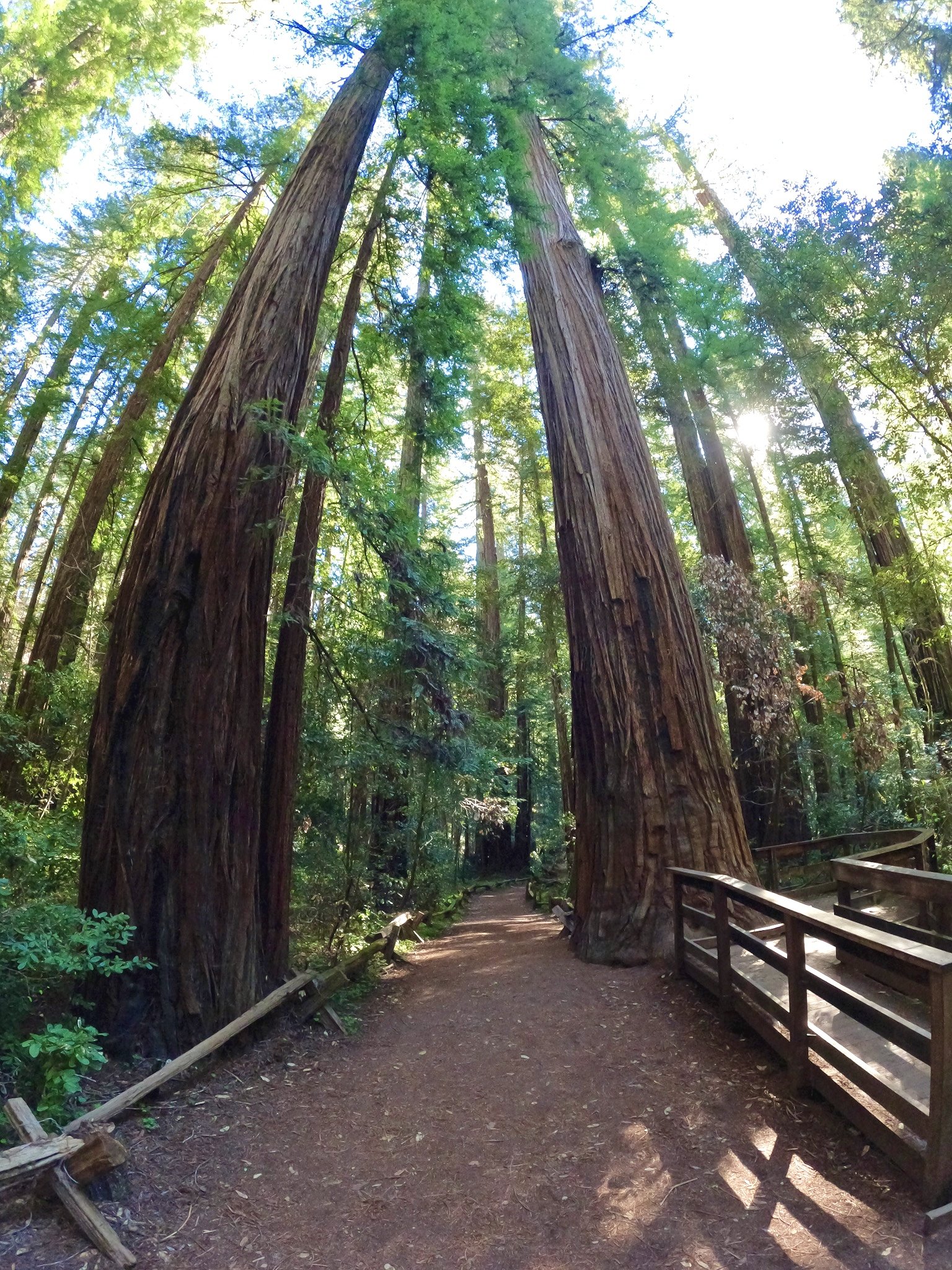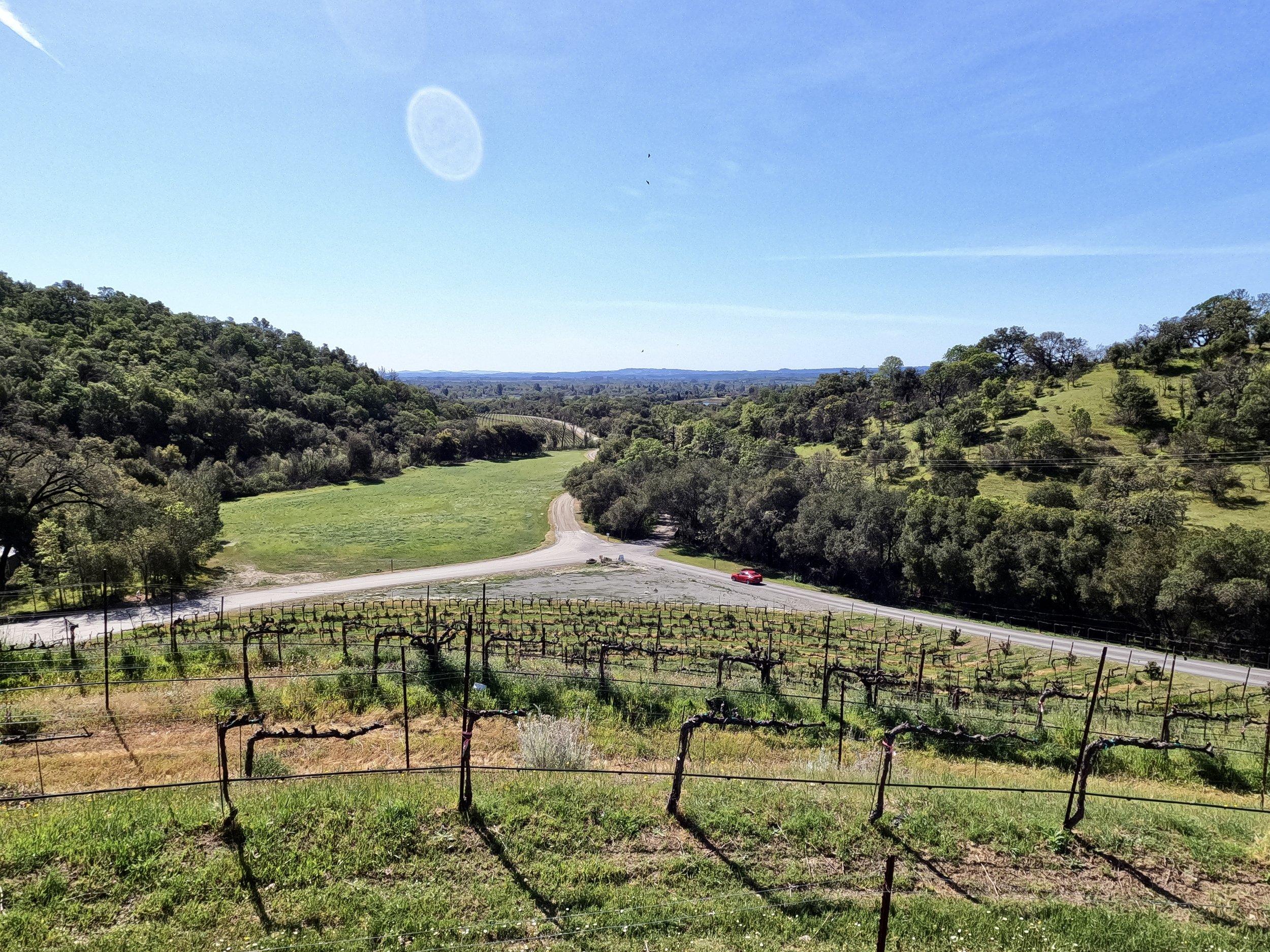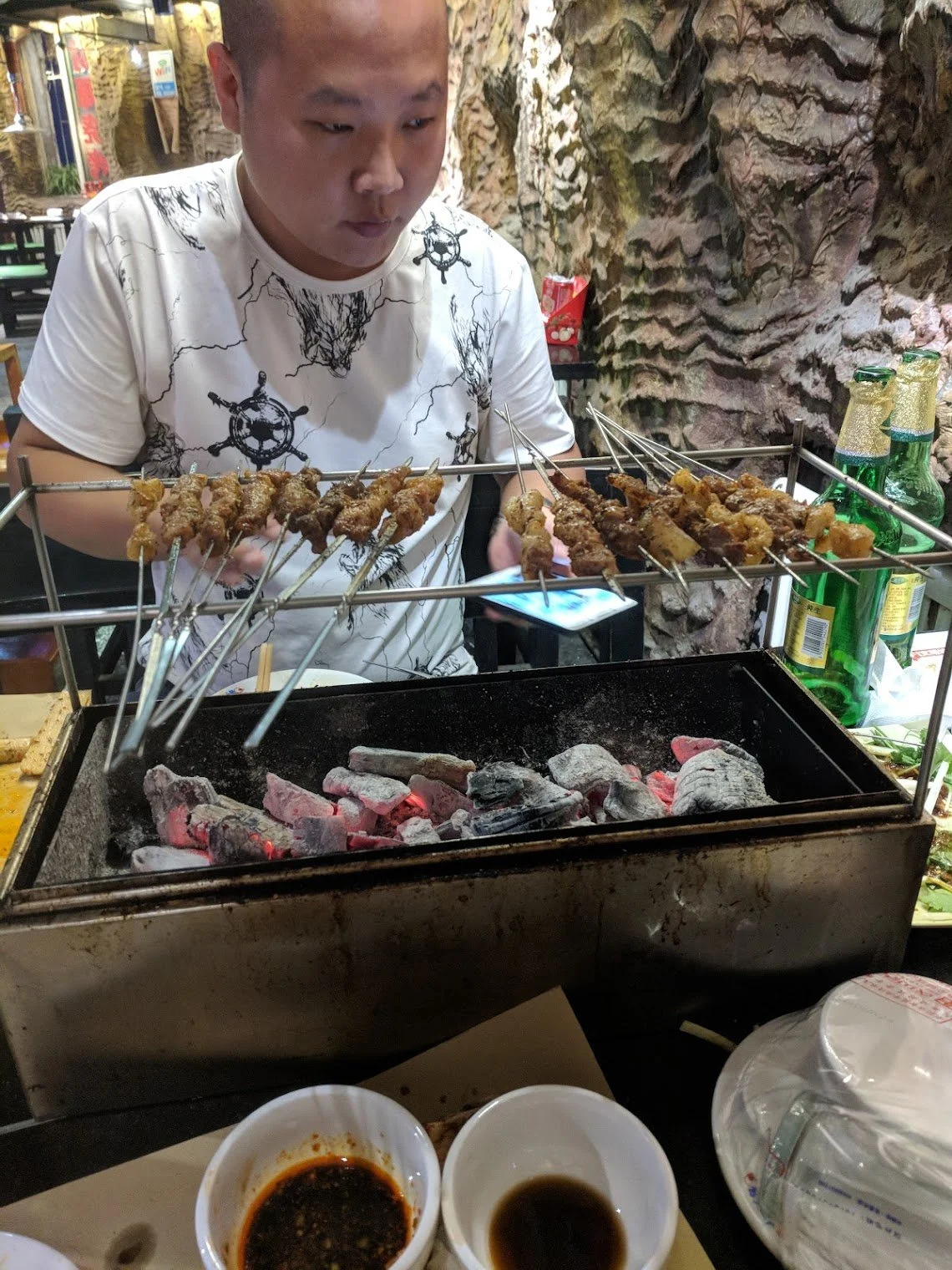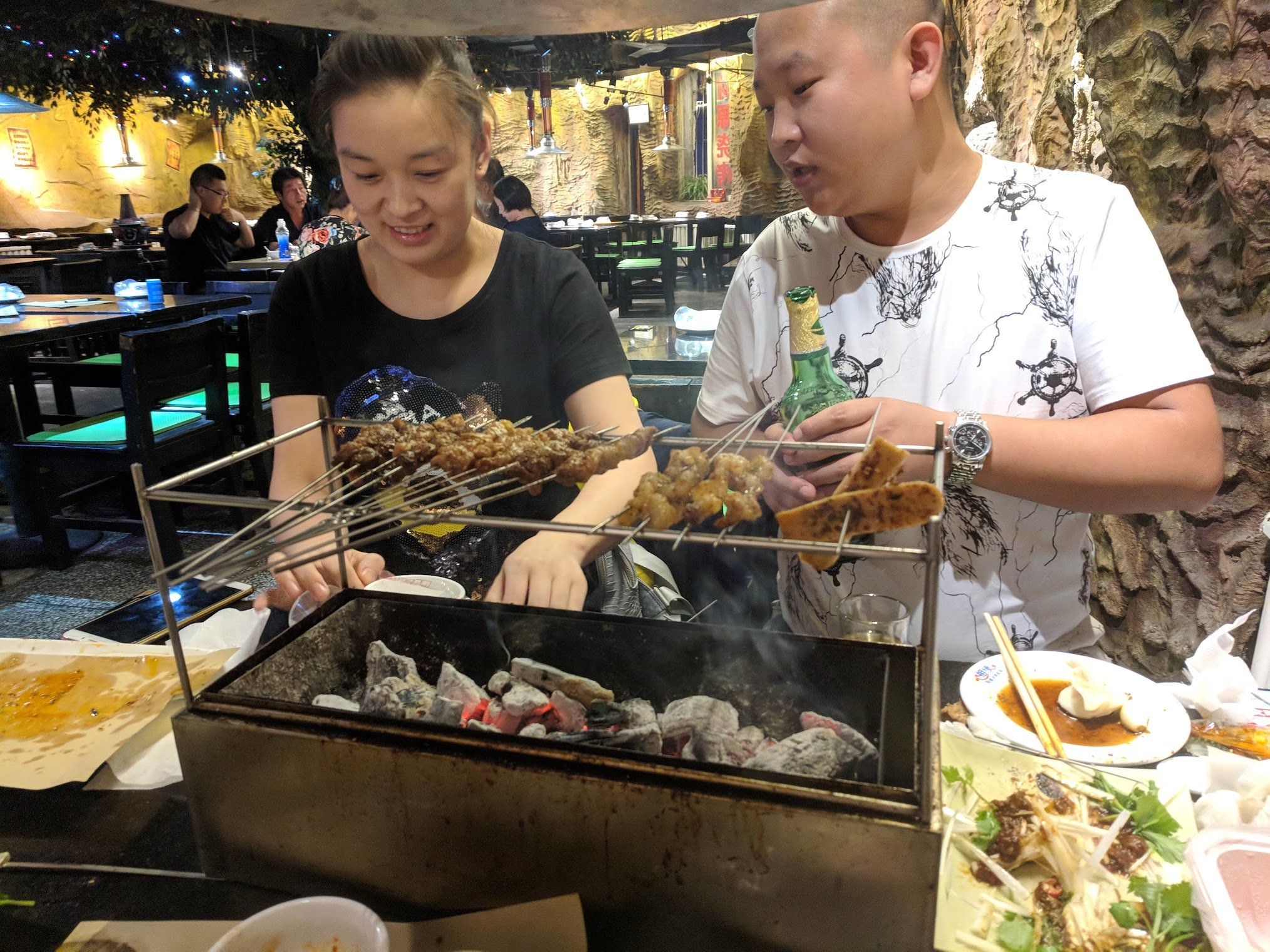Minimalist Thoughts
A few days ago, someone asked me about minimalism. I had done a few local podcasts with a friend about minimalism and as a consequence I am sometimes viewed as a “minimalist.” Hopefully this website URL nixes that idea.
That said, this person asked me if I thought folding phones would be good for minimalism. “After all,” he said, “they take up less space.”
This very question underscores a deep flaw in a lot of minimalists: that ironically, they are still obsessed with things. The obsession with possessions has just switched to a preference for things with a “minimalist aesthetic.” The inner materialist is not destroyed, but rather transferred to new yearnings. Thoughts are still dominated by acquisition, but isn’t the purpose of minimalism supposed to be free oneself of consumerism?
I replied that if you want a phone that helps you to not give a damn about “things,” your best bet would be to have a phone that you don’t give a damn about. Get a cheap Motorola (if you actually need a new phone) or something that that is so low on the status totem pole, it’s unlikely to encompass any amount of time or thought at all. Don’t get a thousand dollar “folding phone.” After all, the whole idea of “minimalism” is to not place one’s focus on material possessions. I don’t think Seneca or any stoic would care about how big or small his phone was. Seeking more compact models that take up less space has the same end result as seeking iPhone upgrades: you’re still constantly looking for the next best thing.
This flaw in minimalism can also be seen in the pursuit of clothes. I know minimalists who are constantly seeking “more minimalist pants.” In most cases these are pants that serve multiple functions: pants you can bike, hike, travel, or go to the office in. They are pricier and tend to be made of more premium materials. And therein lies the issue: the pursuit of minimalist pants is a materialist pursuit. Whatever space you save in “wardrobe space” is negated by the time you lose thinking about pants.
If one was really seeking minimalist clothes, I think a more effective approach would be to shop for basic and affordable things and then forget about “how many things are in a wardrobe.” The whole idea is to not think about your wardrobe at all.
Live with imperfection. That’s the only way to really free yourself of consumerism.
I state this to emphasize the obvious: there is a maximalist lurking inside most minimalists.
